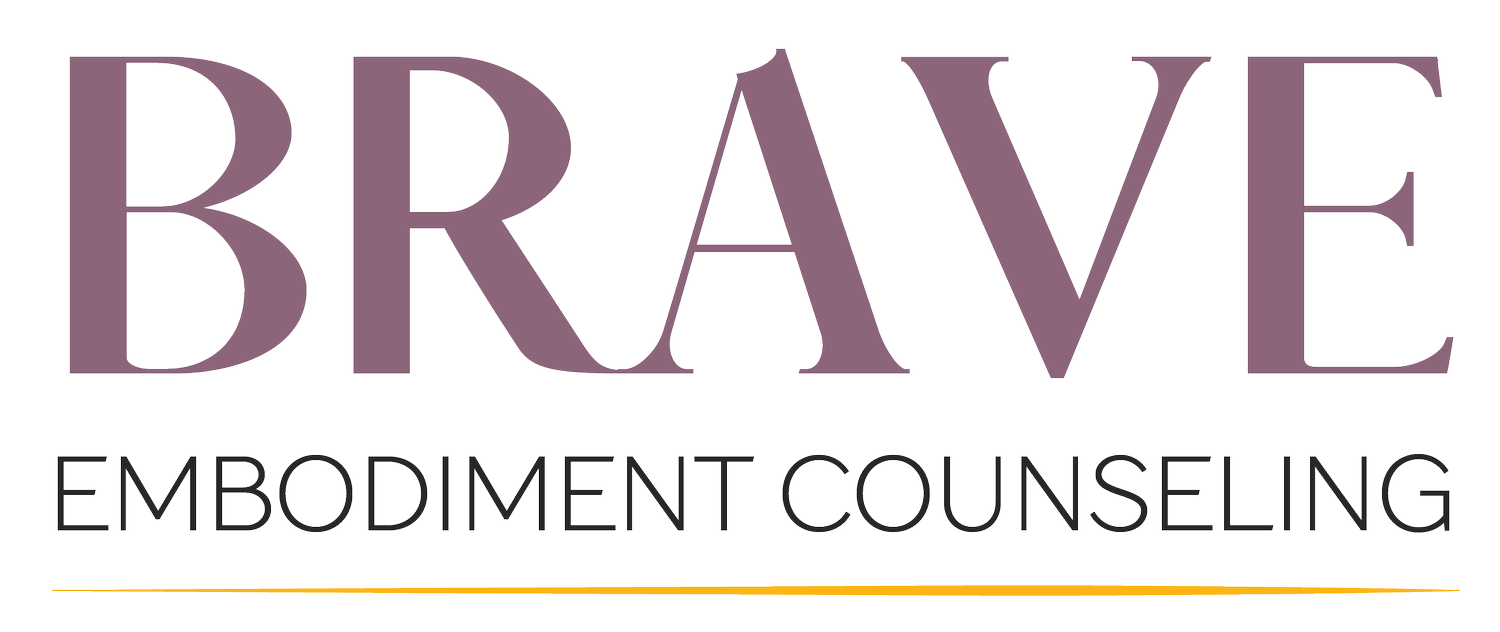More Than Meets the Eye: The Varied Roots of Trauma
Have you ever wondered if you’ve experienced trauma?
You are not alone in feeling confused about this, some traumatic experiences are less obvious than others. Sometimes experiences are traumatic because it’s too much, too soon; other times it’s too little too late or not enough at all.
Check out the following list to better understand the diverse array of experiences that can lead to trauma and trauma related symptoms.
Types of Trauma:
Acute Trauma - resulting from a single, specific event (car accident, natural disaster, sudden loss, etc.)
Chronic Trauma - resulting from repeated and prolonged exposure to highly stressful events (ongoing domestic violence, long-term child abuse, etc.)
Complex Trauma - exposure to multiple traumatic events and/or different kinds of trauma, often of interpersonal (between people) nature like repeated abuse, neglect, or domestic violence
Developmental Trauma - trauma experienced during critical periods of childhood development, often due to neglect, abuse or inconsistent caregiving
Secondary or Vicarious Trauma - trauma experienced indirectly through exposure to another person’s traumatic experiences (therapists, first responders, healthcare professionals, case managers, kids/family members/loved ones, etc.)
Emotional and Psychological Abuse - trauma resulting from lack of emotional nurturance/emotional neglect, verbal abuse, manipulation, gaslighting, belittling, degrading, and other forms of psychological harm, leading to diminished self-worth and trust
Sexual Trauma - trauma resulting from sexual abuse or assault, impacting physical, emotional, spiritual and psychological well-being
Relational Trauma - trauma occurring within important relationships, such as attachment injuries, betrayal, abandonment, or dysfunctional family dynamics
Culture or Identity Trauma - trauma related to the experiences of discrimination, racism, or oppression based on one’s cultural, racial, religious or sexual identity
Medical Trauma - trauma resulting from experiences related to medical procedures or chronic illness, including the fear and stress of serious health issues
Grief and Loss Trauma - trauma experienced following the death or loss of a loved one, leading to intense emotional pain and distress
Occupational Trauma - trauma resulting from experiences in high-stress or dangerous professions
Refugee or Immigration Trauma - trauma experienced by individuals fleeing war, conflict, persecution, or seeking a better life, often involving multiple traumatic events
Institutional or Systemic Trauma - trauma resulting from experiences within institutional settings (prisons, orphanages, etc.) or system issues like injustice and corruption
Woah! Right?! It can be hard to wrap our heads around just how many experiences can cause psychological wounding aka trauma.
It’s also important to note that trauma manifests differently depending on the kind of experience(s) that lead to it. For example, relational and developmental trauma often gets woven into a person’s personality because these kinds of experiences are happening as a person is growing up (developing) when neural networks and nervous system pathways are forming. Relational and developmental trauma look slightly less like classic PTSD symptoms and more like ways of being and relating, although PTSD symptoms can emerge as well. Whereas, with an acute traumatic experience, like a natural disaster, trauma symptoms will manifest more traditionally such as intrusions, avoidance, arousal and negative changes in thinking & mood.
The various roots of trauma and the different ways trauma symptoms can manifest (amongst other factors) is what makes it difficult for folks to know if they have experienced trauma. Generally speaking, *most* people have experienced trauma whether they are aware of it or not. And, as holistic therapists, we believe that all humans, trauma or no trauma, have had experiences in this human life that are in need of healing.
If you’re feeling ready to heal, grow and expand beyond the life you know now, we are here for you. We are a group of trauma-focused, somatic therapists who can support and guide you beyond what you thought possible for yourself. Just head to the “contact” tab in the upper right-hand corner of our website, submit a contact form and we will be in touch as soon as possible.
Curious to know more? Just head to the “contact” tab in the upper right hand corner of our website, submit your contact form or call us at 720-923-3033 and we will be in touch!
